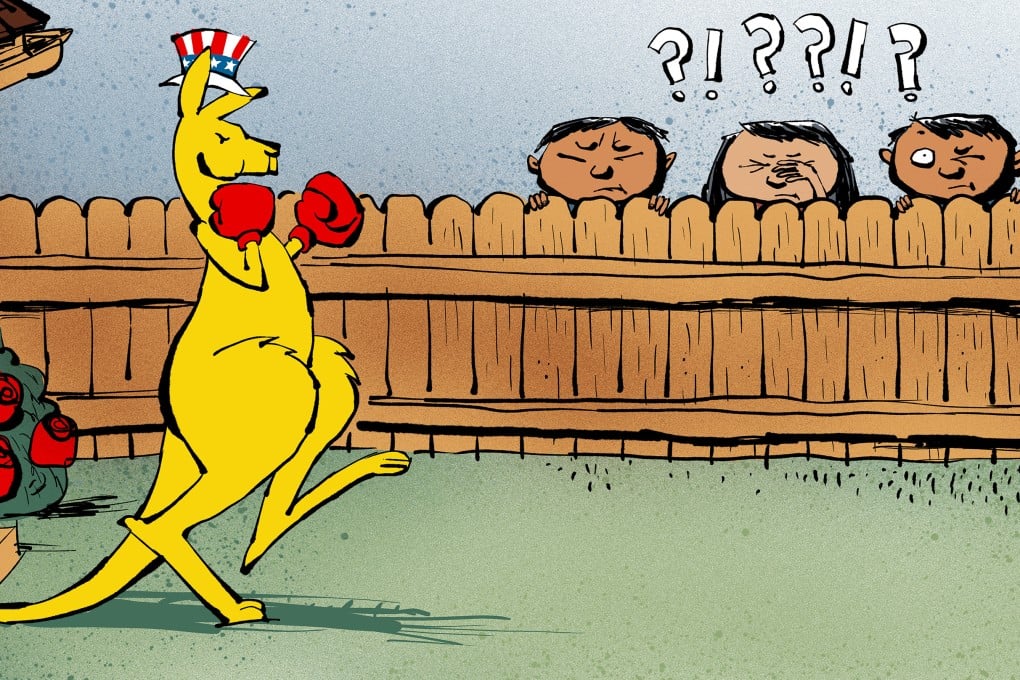Opinion | US proxy or Asia’s trusted partner? Australia can’t be both
- Australia’s ongoing failure to engage sustainably with China, and Asia in general, stems from its historic inability to build genuine trust with its regional partners
- The Aukus pact proves to Asia that Canberra’s allegiances lie elsewhere. When Albanese visits China at the weekend, this will be the elephant in the room

Australia’s ongoing failure to engage sustainably with China, and Asia in general, stems from its historic inability to build genuine trust with its would-be Asian partners. At the root of this problem is a perceived lack of sincerity, compounded by some Australian decisions that have eroded trust, such as the Aukus pact. This is well understood by Australia’s Asian neighbours as being its track record.
Indeed, in releasing a report on Australian engagement with Southeast Asia recently, Australian Foreign Minister Penny Wong spoke in ominous tones of “great competition” in the region, where “complacency is not an option”. This is a continuation of the country’s pronounced strategic anxiety fuelled by populist politicking on the so-called China threat.

